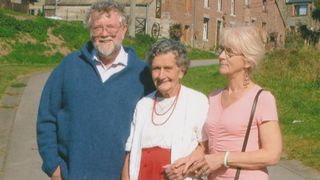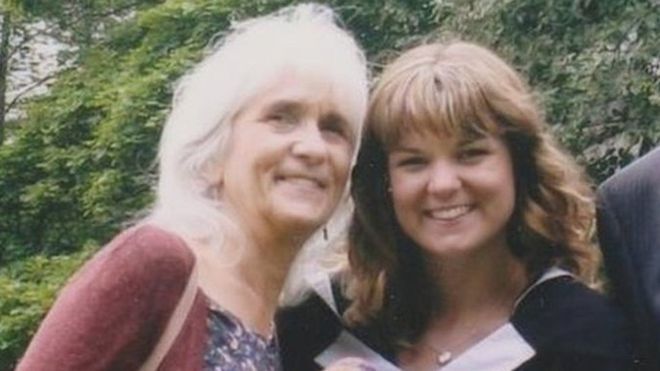Her cuts and burns could go unnoticed if it was not for the smell that burned skin gives off. Despite having undergone operations and surgeries, JO Cameron, a Scottish woman who is around 70 years old, never thought it was normal that nothing hurt her.

Her wounds healed right away and she was unable to feel the least discomfort.
A team of researchers from The University College London (UCL) have found the reason in a genetic mutation not identified so far.
This is explained in an article published in British Jounal of Anesthesia James Cox, one of its authors:
“We discovered that this woman has a particular genotype that reduces the activity of a gene, now that we are discovering how it works, we hope to continue advancing new goals in the treatment of pain and anxiety. “
At 65, the woman sought treatment for a problem with her hip, which turned out to be a serious joint degeneration despite not experiencing pain. A year later, she underwent hand surgery, usually very painful. That’s when Dr. Devjit Srivastava, a consultant in anesthesia and pain medicine at NHS hospital in northern Scotland and co-author of the article, detected pain insensitivity.
The woman, now, confessed that she had never needed analgesics after the surgeries or dental procedures she had undergone.
She was sent to pain genetics at the UCL and the University of Oxford, who performed genetic analysis and found two remarkable mutations.
One of them was a microdeletion in a pseudogene, mentioned very briefly in the medical literature, which the researchers described for the first time and called FAAH-OUT.
She also had another mutation in the neighboring gene that controls the FAAH enzyme. Additional tests performed by collaborators at the University of Calgary, Canada, revealed elevated levels of neurotransmitters in the blood that are normally degraded by FAAH, further evidence of a loss of FAAH function.
The FAAH gene is well known to pain, as is involved in the sensation of pain, mood and memory. Previously, the gene now called FAAH-OUT had been described as a garbage gene, not functional.
In mice without this gene it was observed that the sensation of pain was lower and wound healing was accelerated. In addition, they improved the memory of fear and reduced anxiety. Precisely are the features that this woman presents.
The researchers say that it is possible that there are more people with the same mutation, since this woman has lived almost 70 years without knowing her condition.
“People with a rare insensitivity to pain can be valuable for medical research because we learn how they affect their genetic mutations,” says Cox, who encourages identification of those who, like CO, do not suffer from pain.
The research team continues to work with woman in Scotland and is conducting more tests on cell samples to better understand the novel pseudogen.
Their findings could contribute to clinical research for postoperative pain and anxiety and also for chronic pain and wound healing.
One in two patients after surgery experience moderate to severe pain, despite all the advances in drugs and techniques to alleviate it. The FAAH-OUT gene can change things, although it remains to be seen if new treatments can be developed.














